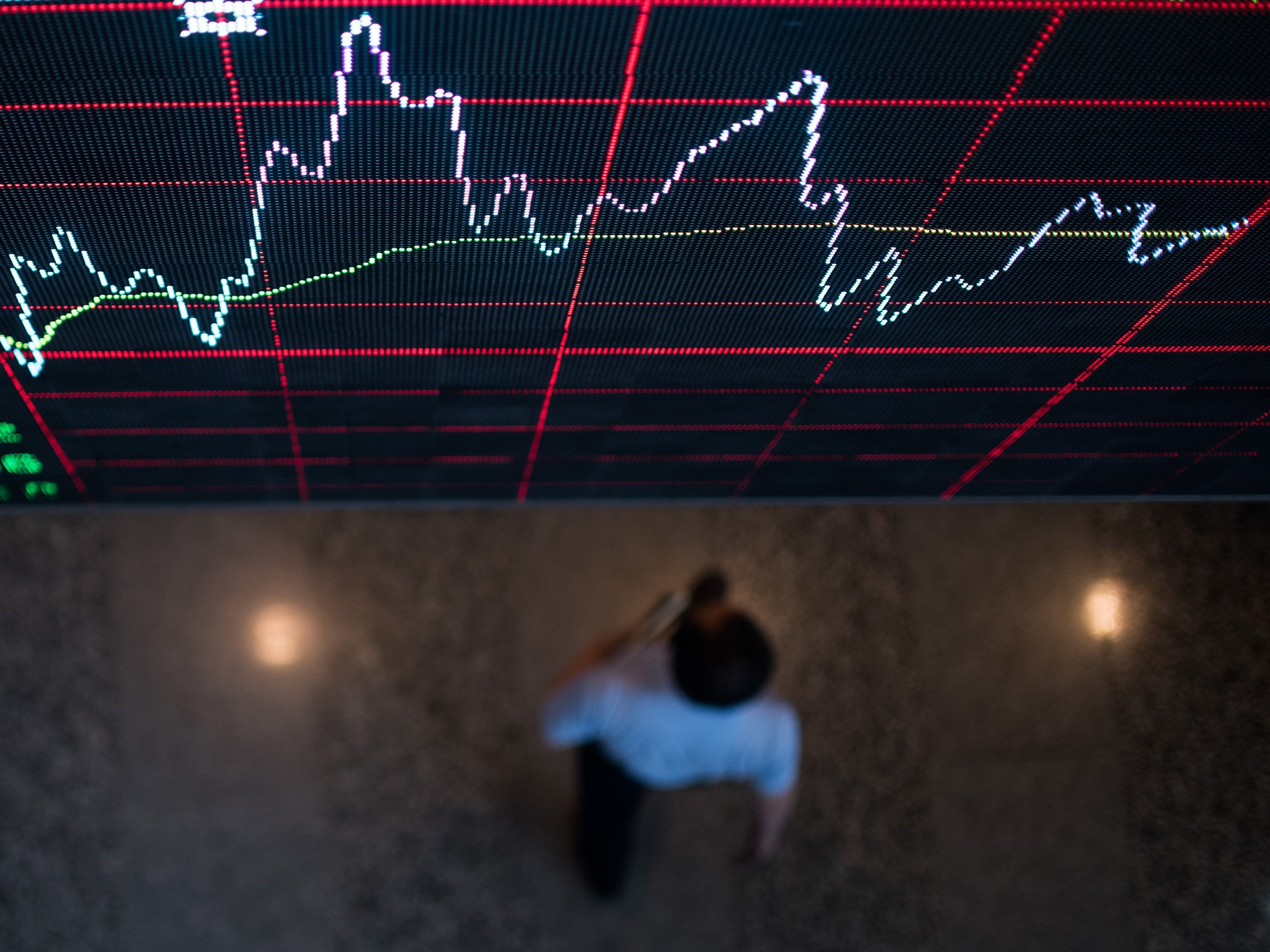Join Europe on recovery path and pass investors going the other way
Issues over the single currency, along with the Greek debt saga, make many investors still view Europe with suspicion

When I began my career in financial services 32 years ago, Europe was not an obvious area in which to invest. In fact, there was only one European fund available and those who did bite were focused on bonds rather than equities .
How things have changed. Fast forward to today and there are now around 120 funds in the Investment Association’s European sectors. The region has also embraced more shareholder-friendly practices such as paying dividends.
However, many investors still view Europe with suspicion. Issues over the single currency, along with the Greek debt saga, have caused many to be wary.
In my view, the sooner European governments recognise that Greek debt will never be fully repaid, and stop trying to sweep the problem under the carpet, the better.
All that said, Europe has not been a bad place to invest over the past three years. Since the eurozone crisis in 2011, the average fund in the sector has risen 37 per cent. This proves that patient investors, those prepared to invest when sentiment is at its lowest, usually prosper in the long run.
Invesco Perpetual launched its European Equity Income fund back in 2007. Stephanie Butcher, the present manager, took over its management in late 2010. Over her tenure, the fund has gained 59.1 per cent against the sector average of 39.2 per cent.
Does this mean investors have missed the boat? Ms Butcher doesn’t think so; she believes the Continent is firmly on the path to recovery. Quantitative easing is supporting the price of financial assets, while a low oil price is also having a positive effect on some company earnings.
Before the financial crisis, earnings in Europe were broadly on par with those in the US. They fell sharply in 2008, but while companies in the US quickly recovered and have since surpassed their pre-crisis level, the earnings of European companies remain 35 per cent below their 2007 peak. Ms Butcher expects them to start picking up, although some areas, such as Spanish construction, they are unlikely to get back to previous levels.
As an income manager, she often steers towards oversold sectors as this tend to be where the highest yields are found. For example, she was an early investor in financial companies – an area once written off by most other investors. The fund is now reaping the rewards as earnings in the sector are beginning to improve.
She sees the same potential in the oil and gas sector. While it is further behind on the road to rehabilitation, she expects earnings to improve as the impact of new management teams and a focus on cost control take hold.
Ms Butcher also favours Mediterranean countries avoided by most other investors, such as Italy and Spain.
Conversely, she has very little invested in pharmaceutical or consumer goods companies. In her other European portfolios, she had a high exposure to healthcare in 2009 when she felt the sector was undervalued. Investors were fearful over patent expiries, but she felt cashflows were becoming more sustainable as company management teams increased their focus on shareholder returns. Her view proved correct and the sector has risen strongly over the past five years. She now feels the sector looks overvalued and, as such, has cut her exposure.
With interest rates across continental Europe and the UK unlikely to rise in the near future, the fund’s yield of 3.2 per cent looks very attractive and Ms Butcher expects this to rise over the coming year. Dividends tend to be more robust and reliable than capital appreciation, yet they are often underestimated by the average investor. This fund provides diversification to a typical equity income portfolio focused on the UK stock market.
Indeed, for the many investors pursuing a drawdown strategy in their pension, this type of fund is the ideal holding for the long term.
With its focus on more economically sensitive areas, the fund is well positioned to benefit from an improving European economy. I would therefore suggest it is also suitable for investors who share Ms Butcher’s view that Europe is on the path to recovery.
Subscribe to Independent Premium to bookmark this article
Want to bookmark your favourite articles and stories to read or reference later? Start your Independent Premium subscription today.

Join our commenting forum
Join thought-provoking conversations, follow other Independent readers and see their replies